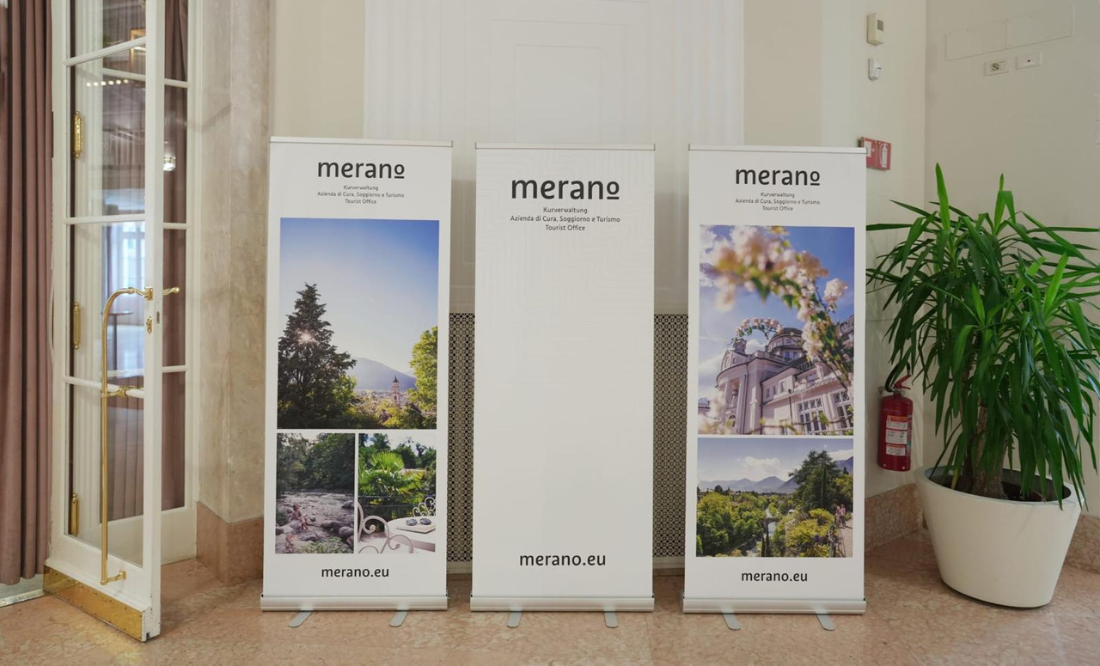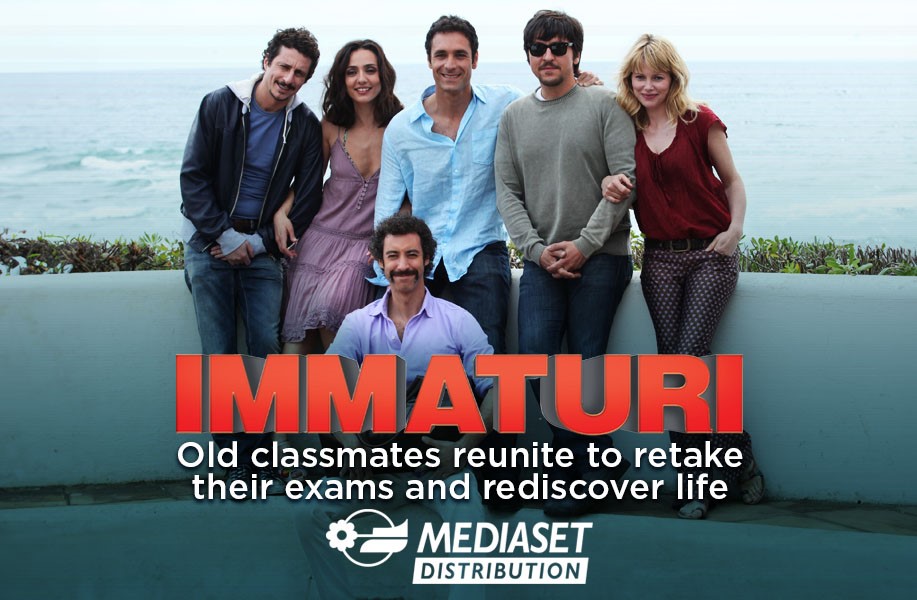Today, Monday July 21, the 4th edition of the Audio-Visual Producers Summit (AVPSummit) opened in the picturesque setting of Merano, where the historic Kurhaus will host three days of conversations, networking, and insights for the global audiovisual industry. Organized by the Audiovisual Producers Association (APA) and promoted by Italy’s Ministry of Culture (MiC), with the support of the Ministry of Foreign Affairs | ICE, the Autonomous Province of Bolzano, and IDM Film Commission Südtirol, the event is held in collaboration with the Producers Guild of America (PGA) and the Motion Picture Association (MPA), welcoming participants from around the world to exchange ideas on the future of content creation and distribution.
After the official press conference, where local authorities from South Tyrol and the city of Merano highlighted the region’s commitment to cultural industries, the summit opened with a high-profile panel titled Tax Credit Schemes: A Comparative Approach, offering a rich exchange on fiscal policies for the audiovisual sector with speakers including Francesco Fiorillo, Director of the Tax Credit Office at the Italian Ministry of Culture, Frank Castenholz from Germany’s Federal Ministry of Culture, Els Hendrix from the Netherlands’ International Film Policy office, and Agnieszka Moody, Head of International Relations at the British Film Institute.
Fiorillo presented the latest updates on Italy’s tax credit system, recently refined to support a more competitive and internationally attractive production environment, introducing a base tax credit of 25% that can rise to 35% for international co-productions, projects involving at least 30% foreign funding, pre-purchase or licensing agreements, and collaborations that safeguard the creative rights of Italian producers, while documentaries and animation works enjoy a boosted 40% rate, provided they meet specific criteria such as a minimum 20-minute duration and a 30% financing threshold.
Key changes also include a minimum production cost requirement of €2,000 per minute for TV and web fiction, with an overall cap of €9 million per project or €18 million when at least 30% of resources come from abroad, alongside strict conditions on rights management ensuring that Italian independent producers retain full creative control and substantial rights even in pre-purchase or co-production deals, all supported by reinforced obligations for cost certification, transparency, and the reinvestment of profits into challenging productions within five years of the tax credit’s definitive recognition.
These adjustments are designed to strengthen Italy’s position in the international audiovisual landscape, offering producers, broadcasters, and platforms a solid, transparent, and rewarding fiscal environment, setting the tone for a summit that promises to foster new collaborations and opportunities in a rapidly evolving global market.










